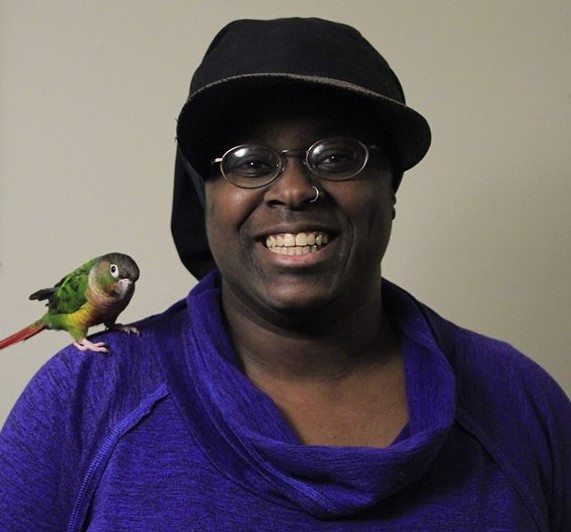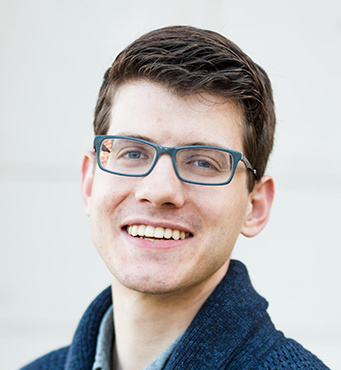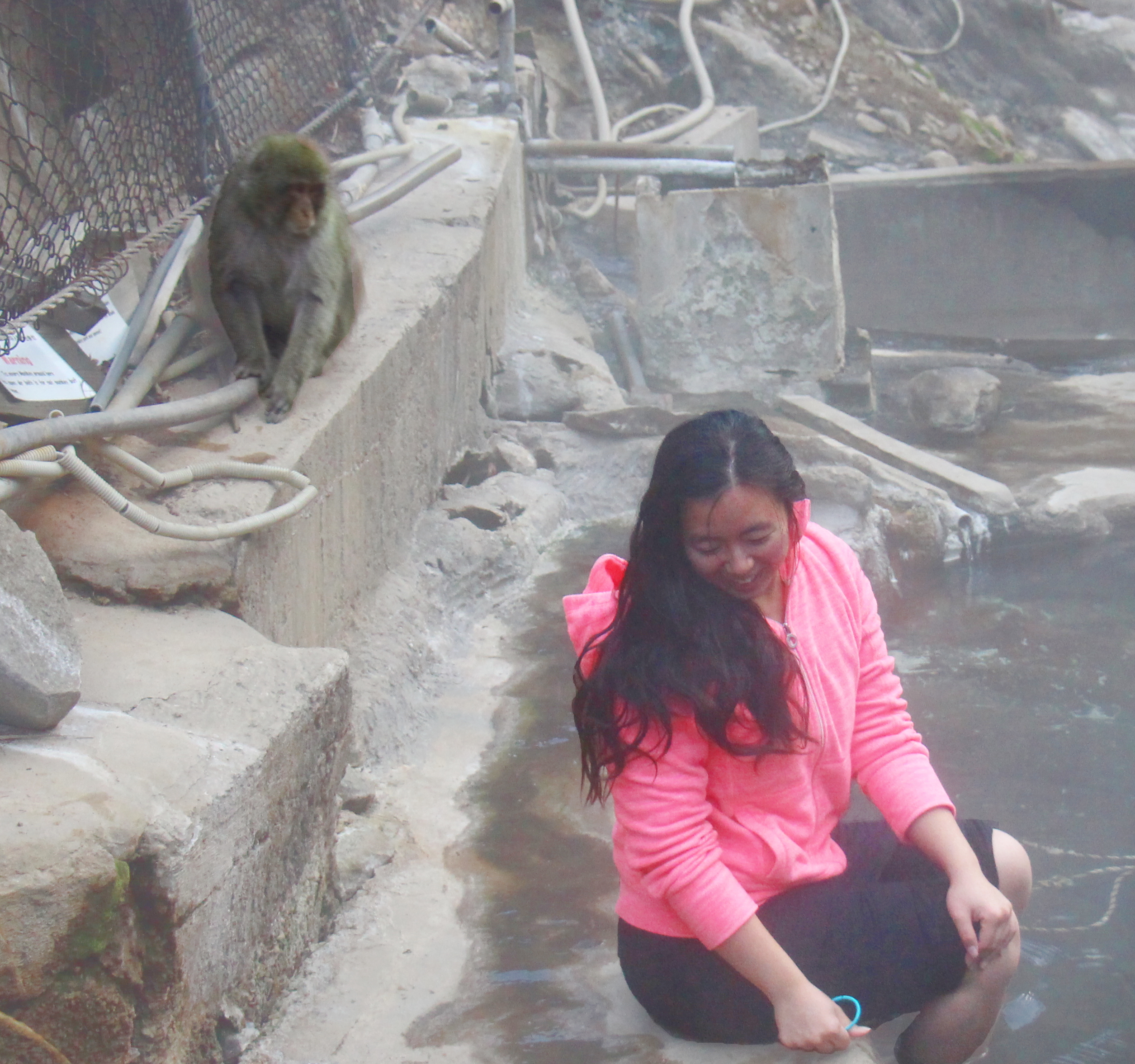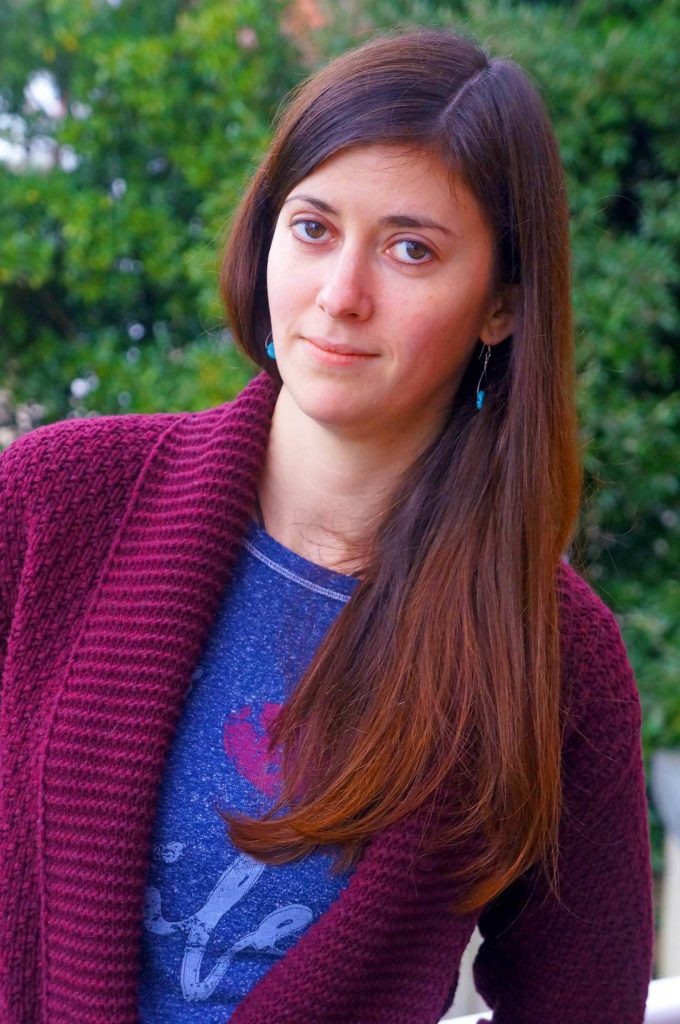Out where rock outcroppings yearn to become mountains, there was a town cursed with no magic.
In this town, there was a family.
In this family, there was a girl.
She was nine, almost ten, Mara. Childhood hadn’t completely lifted its veil. She had an older brother, Ivan, who was fourteen, and whose voice was changing. Elsewhere, puberty would have signaled all sorts of preparations – acceptance into a special group home as much for his safety as for the general public – while his Unique Gift manifested. Watchfulness. Guidance. Training.
But not here.
Here the rocks, the soil, of the mountains had a special property that had been artificially duplicated thousands of years ago, and before that, the rock itself was transported. Here the rocks and soil prevented the manifestation of magic. There was no ‘curse’, really, of the dampening of magic – just something some said.
Everyone here in this town got along here by their wits, their brains, their strength – things were done from scratch if possible.
For what else had they to do here, this far away from civilization.
So, like everyone here around the age of puberty, Mara’s brother was special, yet not special, because of the rocks.
Mara would be special, yet not special like her older brother someday, like her mummy and daddy, like the rest of the adults. Like the people, families, who showed up sometimes on the outskirts, wanting to find a place for themselves here.
*
One day, Mara was playing in the house, and her father sent her to the yard. Some houses had garages, like hers, and some didn’t – like the oldest of the houses of the people who never had to arrive, who’d been here all along.
The garage wasn’t off-limits, and she was bored, so she went digging around inside.
One after another, she found an item, an item of before, before her family arrived, before she was born, and she discarded them.
In the back of all the clutter in the garage, there stood a bust of a Jesus. Unlike most busts and portraits of Jesus in the Western Hemisphere, this Jesus had brown skin and black features. It was supposed to give advice when priests and counsellors weren’t to be had. “They make them all blonde and blue eyed,” she remembered her mother saying disparagingly. “Like that’s how he was in that part of the world. As if he’d blend into the Egypt that was, if he was there. Hah!” And that would be the end of any religious discussion in the house. This Jesus was manufactured several decades ago as an answer to all the lilly-whiteness in the world, calling them Bootleg Jesuses, and one was bought by an ancestor so the family would remember they had a black ancestor as they headed into whiteness, white-acting, white-passing.
This Jesus had a heart on his chest that he presented to the world with rays of light—or in this case, neon rays—like in numerous postcards. His hair was dreadlocked. All of this was inside a metal box, made to be placed on a table, with no plug where it could be plugged in. So; what made it run?
Oh, she knew. It would run in any other place in the world, where magic ran free…
Where there existed people with Unique Gifts so powerful that they were considered gods…
She picked it up, and put in on a small round picnic table she had to unfold.
She smiled at it.
“Red and yellow, black and white,” she began to sing in her young voice, “we are precious in his sight. Jesus loves the little children of the world…”
It was the only religious thing that she knew, because her mother insisted that if anyone told her that her Jesus was wrong, she was to answer by reminding them of that song.
“Jesus, do you love me?” Mara giggled.
She heard it sputter to life; it lit up. The dreadlocked head of the Jesus bowed up and down, up and down. Then stopped, the light illuminating its white robed chest going out.
Mara gasped, her mouth hanging open. Then she put her hands to her mouth and squealed.
“Mummy, Daddy, Ivan, Jesus bowed to me!”
“That’s nice, dear,” her mother said, and that was the end of that. But little Mara would never forget. The Bootleg Jesus became her favourite thing in the house, in all the world.
*
If one looked around, or even past the hills, there was one constant: goats. They climbed where man feared; they frolicked where man could tame them. So man ate them.
They made a soup out of them called “goat water”.
Mara liked to be outside, and so did her older brother Ivan and their friend Sydney, who visited them often, and one day they all had goat water outside, and they enjoyed it, and it became a thing for them. Goat water, outside. At the borders of the town. Where the wild goats were.
And Mara always brought the Bootleg Jesus with her. Everyone humoured her at first. Then, as the years passed, it became more of a sentimental habit. “Mummy and Daddy don’t have to come with us, Bootleg Jesus will watch over us as we eat and play… haha…”
Everyone knew it wouldn’t work, right?
*
Years.
They remove the veil childhood had over knowing how the world really runs.
Mara knew pain, now. She felt her brother’s.
Mara knew fear and hopelessness. She felt Sydney’s.
Mara knew dreams of being one with the earth, of feeling its ponderous power in her veins, of letting the power out through her to be free.
She and her brother ate goat water near the outskirts of the town. Sydney was absent.
Again.
Ivan’s knuckles were white as he sipped spoonful by spoonful, his eyes dark and fathomless, partially hidden by his dark hair.
Mara looked at him while she ate and winced. She was twelve now. She opened her mouth to speak.
“Ivan…”
“Don’t.”
She sighed, wincing.
They both knew why Sydney wasn’t here with them; she was apprenticed with Mr. Stewart, who demanded long and hard hours. Meeting together was a “childish thing”, a thing of the past. She had better things to do.
But that wasn’t true, was it? They both knew what was really going on behind closed doors, in Mr. Stewart’s house, to Sydney. She’d told Ivan, and then Mara; and Mr. Stewart was a friend of Sydney’s family, and they went back a long way. No one would believe her if she said anything, Sydney knew, what with her mother and her father and their fights.
The next time they managed to meet to have goat water Mara stared at the Bootleg Jesus, a childhood comfort, accusingly.
“Weren’t you supposed to protect us?” she squeaked, not wanting even the wind to hear, so embarrassed was she to still hold onto this faint hope.
She slapped it.
Light and gears sputtered to life, and the Bootleg Jesus’s head went down and up.
Mara sprang onto her bare feet. A strong breeze blew up, and she held her long black hair down with one hand, her brown skirt back with another.
Ivan and Sydney looked her way, expressions curious.
She kicked it.
Again light and gears sputtered to life, and the Bootleg Jesus’s head went down and up.
“WHAT?” Ivan said, springing to his feet as well.
Mara fell to her knees before it, taking it in her arms, then setting it down carefully.
“J… Jesus, do you love me?” she asked it, her voice tremulous, her mind back in the cluttered, unused garage, when she still had her naïveté and her heart was untarnished by life’s darker corners. Where she’d thought about godhood.
The bootleg Jesus lit to life again, bowing its head. A tinny voice. “Yes, Mara.”
Ivan approached. “So what’s inside it? What’s the key thing that makes it run?”
“…You wanna open it up down to its nuts n’ bolts and destroy it to find out? Because I don’t see anyone here who knows how to take it apart and put it back together,” Sydney said.
And all the way home, Mara smiled a gentle, private smile, like she and the Bootleg Jesus that she held in her arms, all the way home, shared something special.
*
“Mara!” her brother called loudly.
She was in the yard, picking out some garlic for this evening’s meal of goat water.
“It’s not working,” he yelled. The Bootleg Jesus.
She got off her knees. “Let me try.”
In the garage, sitting at a table, she said gently, smiling, “Jesus, are you there?”
It came to life, white robe going bright, neon rays from the heart glowing, the head bobbing down and back up. “Yes,” it said in that tinny voice. Then the lights went out, and it stopped moving.
Ivan slapped the table in frustration. “See, it only likes you.”
Mara’s smile went wider. “Maybe because I’ve always had faith.” She turned to leave.
“Wait!”
Mara turned back.
“Ask it for me, then.”
“Ask it what?”
“Will Sydney and I ever get married? Will we get Mr. Stewart to stop?”
“Jesus…”
It lit up, head bowing. “Yes… and no.” It went dark.
Ivan bolted out of his seat and marched out of the garage, punching the door to the house as he passed.
The house rumbled slightly.
“What was that? Earthquake?” She heard her mother wonder out aloud.
“In this area?” she heard her father say.
Mara was the only person who went to the outskirts of the town with the Bootleg Jesus that day.
And the next.
*
Ivan came outside with Mara this time.
Ivan paced back and forth through the lush grass around the bust of the Bootleg Jesus. “So you work, huh? Huh! Well, then tell me this!” he pounced before the bust, snakelike, hissing.
His bottomless brown eyes shone like brown diamonds with the tears in them. “Then tell me what to do about Sydney. She hurts. I hurt. But she hurts more. People hurt her. I want her there when I tell my parents about us, I want her to be able to come out here with me whenever she and I want – what to DO ABOUT THAT?”
The bust of Jesus sputtered with light from within, the head bowed back and forth and a mechanical, tinny voice spoke. “Lose the battle. Win the war.” The light from within sputtered out; it went still.
Mara smiled. Ivan stayed, where he crouched, thunderstruck, fingers gripping green blades of grass, before the Bootleg Jesus.
*
The next day Mara was out, alone again.
Her bowl of goat water lay in the grass, the sun starting to descend. She’d been out here for hours, crying.
“Jesus…”
The Bootleg Jesus lit up.
“What… can I do about Ivan and Sydney? I mean, can I make Mr.Stewart stop?”
“Yes.”
“…How?”
“Force.”
“What do you mean?
The Bootleg Jesus’s dreadlocked head bobbed up and down, the whites of its eyes electric-white. “Do what your heart desires.”
Mara gasped. Hastily, she wiped tears from her eyes. “Will he die?”
“Yes.”
“Will I die?”
“No.”
“Is it worth it?”
“…yes.”
Do what your heart desires… crumble and destruction… death and victory…
Grabbing onto her dark hair from both sides, Mara raised her head and screamed to the sky. The bowl flew away. The ground beneath her rumbled, a nearby tree shuddering its green leaves.
*
Mara walked up the steps to Mr. Stewart’s porch—were those cracking sounds coming from underfoot?—and banged open the flydoor and inside door to Mr. Stewart’s house, the flydoor rattling on its hinges.
She saw Mr. Stewart inside. In a pair of pants and undershirt. He watched her approach.
He wasn’t one to mince words. “What do you want.”
She walked right up to his face. “Leave. Her. Alone.”
Silence.
He scowled.
Then Mr. Stewart roughly took her arm. And that was it.
Then it seemed like Mr. Stewart wasn’t trying to grab her, he was trying to let go. He started to shake. Then he began to convulse. His eyes rolled back ’til you could see the whites; he fell onto a couch seat.
Mr. Stewart had set something in motion inside Mara, and it wasn’t going to stop now.
She had been staring at Mr. Stewart all this time, and she had been hyperventilating. She couldn’t… stop.
Behind the house, she heard a teeth-rending crack. Mr. Stewart’s house seemed to have picked up on his shaking; she looked about wildly.
Mara ran to the door. As her foot stepped in the doorway, a crack split the floor under her feet in half. She jumped down the stairs, onto the ground. The split went into the house, and other cracks branched away from it, taking over the whole house. Windows splintered. The upper floor groaned like it needed to eat, and started caving in alarmingly, warping the roof. Neighbours were coming out of their houses, pointing, shouting and a couple were screaming.
She looked up, past the whole house, to the mountain face that was behind it. And saw the crack in the rock above. Rocks of various sizes were breaking free and pounding down on the house’s roof. She held her breath. The crumbling seemed to stop. Then she realized what it was that was making this all happen.
Her.
She let her breath out in a scream, a scream to release all holding back, all fear, to let the wild things out – or the wild things in. The cracking of the mountain behind the house thunderclapped the air, and huge rocks began to fall. The house rumbled down to its foundation, crushed from above.
People scattered, really screaming for their lives now. But nothing hit them. Nothing hit Mara, either.
Mara simply stared. All the pressures of growing older—and never being old enough for your autonomy—and the ways adults around her had abused that notion… all of it inside her. Calm.
*
She could smell the goat water being made by her mother from the front gate. She eyed a green onion in the garden as she passed and it unrooted itself, trailing her. Her mother froze as she ascended the back steps into the kitchen.
She’d heard, then. Seen. She knew.
The spoon her mother was stirring the pot with lifted from her hand and went into Mara’s. “Let me.”
Lips trembling, her mother stepped back.
Mara put the spoon down and took hold of the green onions still hanging in the air, turning the tap on to wash them. When that was done, she took up a knife—which caused her mother some consternation—and started chopping them, then put them in the pot to cook.
“You always cooked it for me… so many times… I know it by heart now.”
“…Mara…” her mother said, voice trembling.
“Yes?” Mara turned, fingering the knife.
Her mother swallowed.
Mara noticed her mother eyeing the knife and put it down gently. She smiled slowly.
Her father walked carefully up behind her mother, placing his hands upon her shoulders. “You’re… such a big girl now…” he attempted.
“Not so big,” Mara said. “Ivan and Sydney are older.”
“Yes, yes, that’s right,” her mother said, swallowing nervously again.
Her mother stood tall and lifted her chin, lips trembling. “We’ve never hurt you,” she said, trying to be strident.
“No… no you never did. Not you. Not Daddy.”
“You know you can always talk to us,” he said, a strained smile on his features.
“Not about everything, though,” Mara said.
Ivan and Sydney burst upon the scene.
“Mara!”
Mara’s head snapped to see her brother and Sydney behind her, coming up the stairs. The knife lifted from the counter to point at her parents in the blink of an eye. The house rumbled slightly. The air thrummed.
“C’mon, now, Mara,” Ivan said, a cautious laugh, “put the knife down.”
Mara sighed. The knife went back to its place on the counter. The air went still.
“You ain’t gonna hurt anybody now,” Ivan said.
Mara nudged her face towards her parents. “They think I might.”
“No they don’t,” Ivan said, his voice getting louder. “They don’t think you’ll hurt them. Right?”
They nodded.
“Ivan,” Mara said, “Why don’t you tell mom and dad what you wanted to say for so long now?”
Ivan’s lip trembled.
“Well?”
His gaze went to the white floor. “Not like this,” he mumbled.
“Now’s a good time as any.”
Ivan stepped forward, holding Sydney’s hand. He took in a deep breath. “Mom, Dad, Sydney and I love each other. I’d love to marry her someday and I hope that we can have your blessing… now that Mr. Stewart can’t hurt her no more.”
“You have our blessing,” Mara’s father said.
They stood in silence. Mara sighed, turning to look out the kitchen window.
“Well, now what, Mara?” Ivan said. “You have all the cards.”
“No I don’t,” she said softly. She turned back to the kitchen. “I can’t stay here anymore.”
“Why not?” Ivan retorted.
“Here’s a place where no magic can be, yet here I am, manifesting. There’s people out there who know what I can do. They’ll know about me soon enough. There’s places for people like me. You don’t see people like me in public for long.”
“Mara…” her brother started.
“You know it, and I know it,” Mara said. “I have to go.”
“What… what can we do for you?” her father said. Her mother looked near tears.
“You can give me a bowl of that goat water, to go,” she said. “It was always what kept the three of us together.”
“Anything else?”
“The Bootleg Jesus,” she said, a warm smile finally coming to her face.
“I can give you the backpack with the sleeping bag in it,” her father said. “Not like we needed to camp out here with the stars, the open sky…” he caught himself, and coughed.
“I’ll get it,” Ivan said, ducking out of the room.
Mara’s mother began weeping silently, then stepped forward to prepare the soup for her.
“I don’t want you to go,” Sydney said, stepping forward to embrace Mara. She shed tears on Mara’s shoulder for some minutes, before breaking away, wiping at her nose.
“Here, take my poncho,” Ivan said, coming back, dropping the items on the floor.
She didn’t hug her parents as she took the soup and outfitted herself, although her mother looked like she was finally unafraid enough and wanted to do it for all the world. She did hug her brother though.
“Where’s the… oh.” Sydney said as the Bootleg Jesus floated into view.
Mara walked out the door, and down the steps. The sun was maybe a couple of hours from setting, but still hung low enough to set an orange glow across the sky.
The front gate opened of its own accord, and Mara stepped out.
This was all she knew for her entire life. And, just like that, she was unfit to stay here. She’d always been a keen reader, and what technology they had—like television—she knew that it took a massive Gift to do what she’d done today.
The Gift of those considered gods. Townships developed around them. People worshipped them. But they were hard to find, and they might show up in the public consciousness for a while, but just like that, their presence winked out and disappeared.
But she was all of twelve. And yet unafraid.
She looked back to her home. All that stood between her and it was the Bootleg Jesus, bobbing in the air. And it was fitting, in more ways than one.
It started with you, she thought, looking at it, lit up and ready for questions.
Would she ever get the time to control her Gift? Would she be allowed to? How far did her Gift go? Would she ever find out?
She looked forward, to the sky, then to the ground. They were all that stood between her now.
A god.
Mara took one step away from home, and then another.
© 2019 by Tonya Liburd
Author’s Note: If I recall correctly, it was the simplest of things – and this has happened before, for example, with the Ace Of Knives: a name of a player while I was gaming. They had the name Bootleg Jesus and it was a title and an idea generator. What is a Bootleg Jesus? etc.
 Tonya Liburd shares a birthday with Simeon Daniel and Ray Bradbury, which may tell you a little something about her. She is a 2017 and 2018 Rhysling nominee, and has been longlisted in the 2015 Carter V. Cooper(Vanderbilt)/Exile Short Fiction Competition. Her fiction is used in Nisi Shawl’s workshops as an example of ‘code switching’, and in Tananarive Due’s course at UCLA, which has featured Jordan Peele as a guest lecturer. She is also the Senior Editor of Abyss & Apex magazine. You can find her blogging at http://Spiderlilly.com, on Twitter at @somesillywowzer, or on Patreon at www.Patreon.com/TonyaLiburd
Tonya Liburd shares a birthday with Simeon Daniel and Ray Bradbury, which may tell you a little something about her. She is a 2017 and 2018 Rhysling nominee, and has been longlisted in the 2015 Carter V. Cooper(Vanderbilt)/Exile Short Fiction Competition. Her fiction is used in Nisi Shawl’s workshops as an example of ‘code switching’, and in Tananarive Due’s course at UCLA, which has featured Jordan Peele as a guest lecturer. She is also the Senior Editor of Abyss & Apex magazine. You can find her blogging at http://Spiderlilly.com, on Twitter at @somesillywowzer, or on Patreon at www.Patreon.com/TonyaLiburd
If you enjoyed the story you might also want to visit our Support Page, or read the other story offerings.










